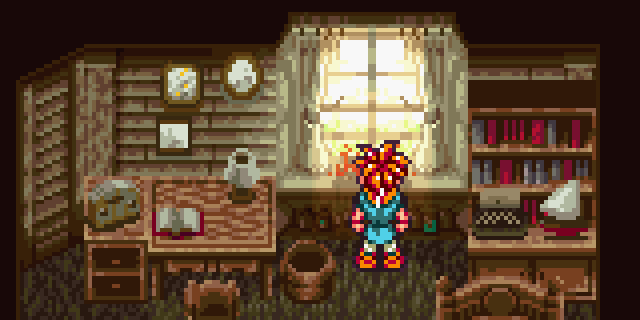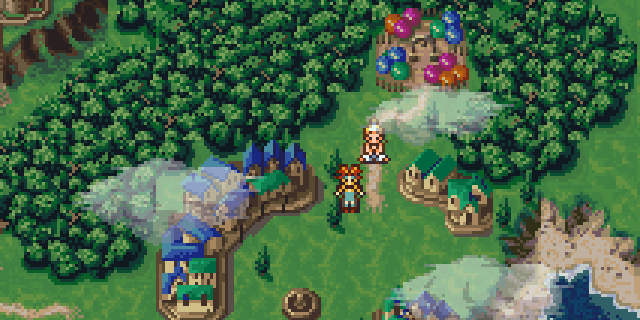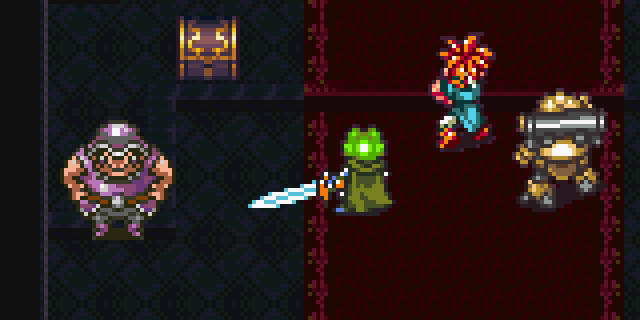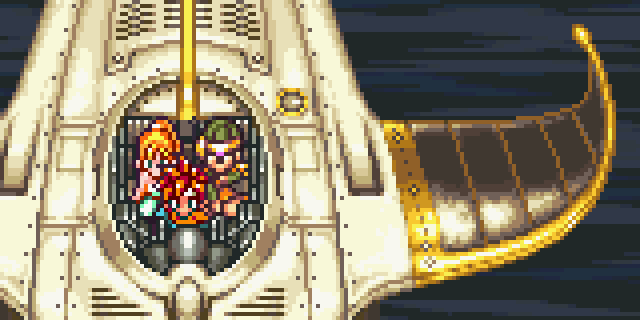
I just finished the original Peter Pan novel, from 1911. It was based on the 1904 play and originally entitled Peter and Wendy. This is hardly the Peter Pan you know from Disney. The titular character is far cockier, bloodthirsty and psychotic than what you would expect from a “children’s book.” The safety of the Darling children isn’t his top priority; he’s obsessed with adventure, and brags about how fantastic he is throughout the story.
There are dark elements there; murder is discussed nonchalantly. Peter is repulsed by adults and stays true to his description: he never grows up. Even after Wendy and all the lost boys go back to England, he refuses to give in. The final 30 pages are nothing short of brilliant. There’s a reason the story and characters have been tackled so many times: like all classics, it reveals deep truths about human nature. The feelings evoked are identical to those of people who lived hundreds of years ago. Stories like Peter Pan bind us across time.
It shattered me. I tend to get emotional after drinking coffee and, as I’m writing this, I’m on my third cup. I began to think of my own parents, how much they mean to me and how lucky I am to have them. As a child, I was immersed with the concept of fantasy. Narnia, Middle-earth and Shannara weren’t fiction to me. I could see them in my head. The people dwelling in these fascinating worlds gave me courage when I was feeling meek. They encouraged me when I was exhausted and nodded proudly when I did the right thing.

Would I ever leave my life if given the chance? If I found the right wardrobe, or portal, or gate… would I step through? Would I go to a land where nobody knew me, yet everybody cherished my arrival? Here he is! The hero! The mysterious stranger. Surely, princesses would fall madly in love with me and the crowds would pat me on the shoulder as I went by. I would share a joke with a blacksmith before bumping into a mage, apologizing of course, before running through the crowded market.
Yes. Yes! Of course! What child wouldn’t? The end of Peter’s story tells us he never grew up. Yet, every generation of the Darling girls would find him flying into the nursery and go with him, the mother watching and knowing she had to let them go. The mothers could never follow, of course. They’d forgotten how to fly.
The question petrifies me almost as much as thinking of an answer: am I at an age where I should be forgetting how to fly?
I can justify playing video games because they’re a mainstream entertainment medium. I don’t need to pretend I don’t like them. They’re fun, challenging, rewarding and beautiful. I played them as a child because some were as absorbing as the books my dad would read to me before bedtime. I was instantly struck with Chrono Trigger, because the protagonist had the same hair and eye color as me, he hung out with girls (I was no Casanova at 10), he was strong, he sacrificed himself to save the world and he met wonderful, impossible people.

Where does that leave me at 29, almost 30? I can’t trick myself into believing these places actually exist because, according to my adult brain, they don’t. I know they don’t. I can’t go there physically. Henry, you can’t; stop believing.
Yet I so desperately want them to. I often have dreams in which I wake up in a field and see Guardia Castle in the background. I know it’s Guardia Castle, because there’s where the church used to be, and there’s the forest surrounding the entrance and there’s the Millennial Fair. I can reach back and put myself in my room on Oliver Street, back in 1995.
I didn’t have to think about finding a job, or choosing a direction in life or worrying about bills. I wasn’t terrified of losing friends, because life weans away spontaneous visits and endless summer days. All I had to think about was how incredible the music was when Frog appeared, demonstrating how a nobly knight should act. I thought about how kindness would reverberate through time itself, how to be brave when faced with the end of the world and how to keep the sound turned down because I didn’t want to wake up Mom and Dad.
I play games because I fear growing up. If I stop playing games, that means I’m no longer a child. It means I’m spending my time doing more adult things: getting old, raising my own children, dealing with mortgages and receiving an email saying an old friend has died. I’m looking in the mirror and not quite knowing how I came to look this way. When did all this happen?

Video games are my Neverland. And books, and movies, but games above all. Not only for the fictitious characters I control, but for the memories and nostalgia that surround them. If I picture Chrono Trigger, I can picture my room, and that means I can go down the hall and find Dad and burst into tears because my save file was somehow deleted. I was just getting to my favorite part of the game, too. It isn’t fair, because we had to take the game back to Blockbuster the next day. He calms me down, and later he and Mom surprise me by getting me the game for my birthday. Then I feel joy, because this weekend I don’t have any homework, so what else could possibly get in the way?
In the final book of the Narnia series, The Last Battle, Susan doesn’t make it back because she stopped believing in Narnia, even though she absolutely was there in the previous books. Wendy Darling can no longer fly, despite Peter being right in front of her. She’s grown up.
I should stop being frightened about growing up, because I already have. But that’s why I’ll continue playing video games as long as I can; I don’t ever want to forget how to fly.



















